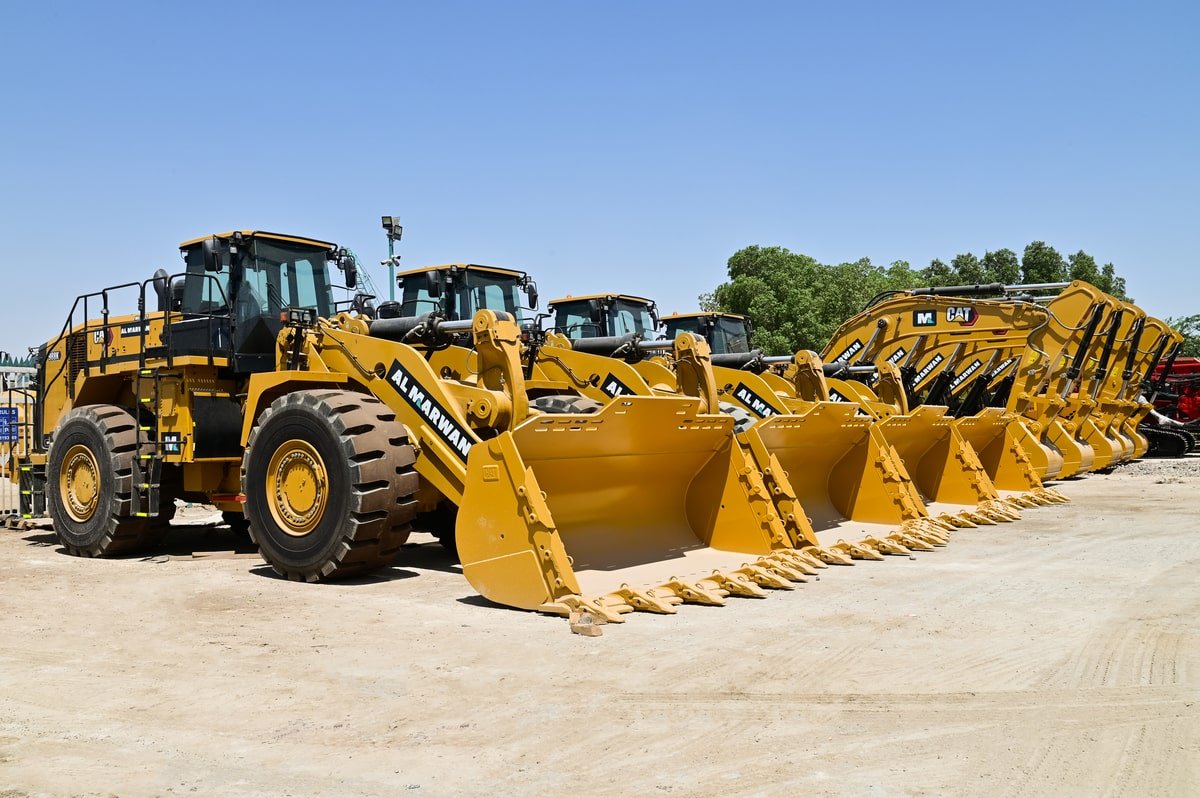Remaining competitive in the fast-paced construction industry requires efficiency and flexibility. Whether you’re a seasoned contractor or managing a one-time build, knowing when to rent instead of buy can make a significant difference to your bottom line. Heavy construction equipment rental services offer the flexibility, cost-effectiveness, and access to advanced machinery that many companies need, but how do you know when it’s time to go the rental route? Here are five clear signs that renting heavy construction equipment is the right move for your next project.
1. Your Project Requires Specialized Machinery
Not every construction job is the same. While a backhoe or skid steer might cover the basics, many projects call for specialized equipment, such as a telescopic handler, vibratory roller, or large hydraulic excavator. Purchasing such machines for a single project or infrequent use can be a financial burden and a logistical headache. If you’re facing a project that demands a particular piece of machinery you don’t already own, it’s a strong indicator that renting is the smarter option. Rental services often maintain a large fleet with the latest models, so you get exactly what you need, when you need it.
2. You Want To Avoid High Upfront Costs
Heavy construction equipment doesn’t come cheap. Purchasing just one high-performance piece can cost tens or even hundreds of thousands of dollars. This amount of investment just isn’t feasible for businesses with limited resources or those engaged in short-term contracts. By renting, you can have the newest equipment without having to take out loans or commit to cash. This also frees up your budget for labor, materials, and unexpected expenses, offering more financial flexibility throughout the project.
3. Your Equipment Is Frequently Underutilized
Owning equipment makes sense if it’s in regular use. But if you find your machinery sitting idle between projects, it’s likely costing you more than it’s earning. Maintenance, storage, and depreciation all continue even when equipment isn’t in use. Underutilization is a common but often overlooked issue in construction businesses. If your owned equipment spends more time parked than performing, it may be time to evaluate whether renting for each specific need would be more efficient and cost-effective.
4. You Need To Scale Operations Quickly
Construction timelines are often tight, and the need to ramp up manpower and machinery can arise suddenly. Whether you’ve landed a new contract or need to speed up progress to meet a deadline, rental equipment can help you scale your operations without the delays that come with equipment acquisition. Most rental companies offer fast delivery and a wide range of machinery, allowing you to meet unexpected demands or manage multiple job sites simultaneously. In such high-pressure situations, access to rental services can be the difference between on-time completion and costly delays.
5. You Want To Minimize Maintenance Responsibilities
Maintenance and repairs are an unavoidable part of equipment ownership. Downtime due to mechanical failure can throw schedules off track and lead to budget overruns. On top of that, maintaining a fleet requires skilled technicians, spare parts, and constant attention to detail. When you rent heavy equipment, these responsibilities shift to the rental provider. Most reputable rental companies handle servicing and repairs, ensuring the equipment is job-ready and reducing your liability. This lets your team stay focused on the core construction work instead of dealing with machine downtime and maintenance schedules.
Conclusion
In today’s competitive construction landscape, flexibility, speed, and cost control are more critical than ever. Renting heavy construction equipment is not just a temporary fix—it can be a strategic decision that supports project success and financial health. If you’re working on a specialized job, watching your budget closely, dealing with underused assets, facing rapid project expansion, or simply want to avoid the hassle of maintenance, these are all signs pointing toward the benefits of rental services.

